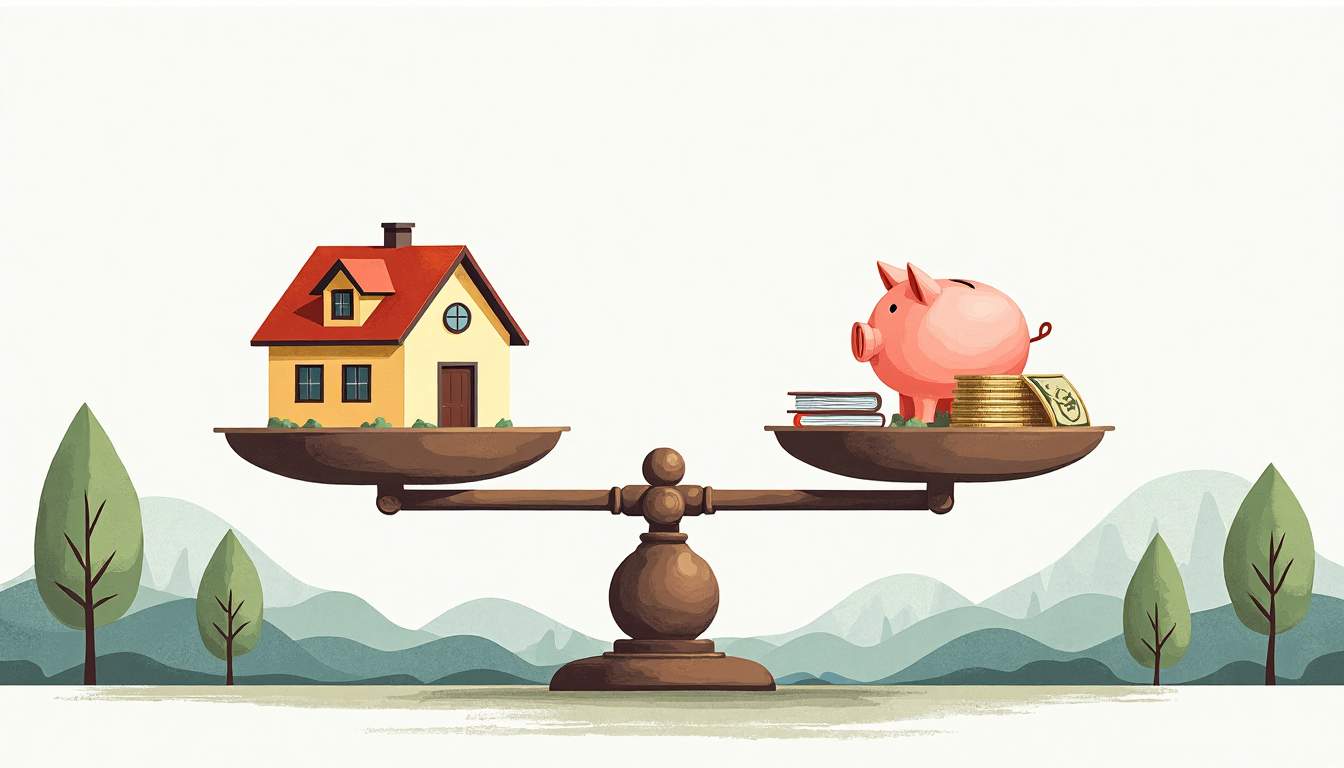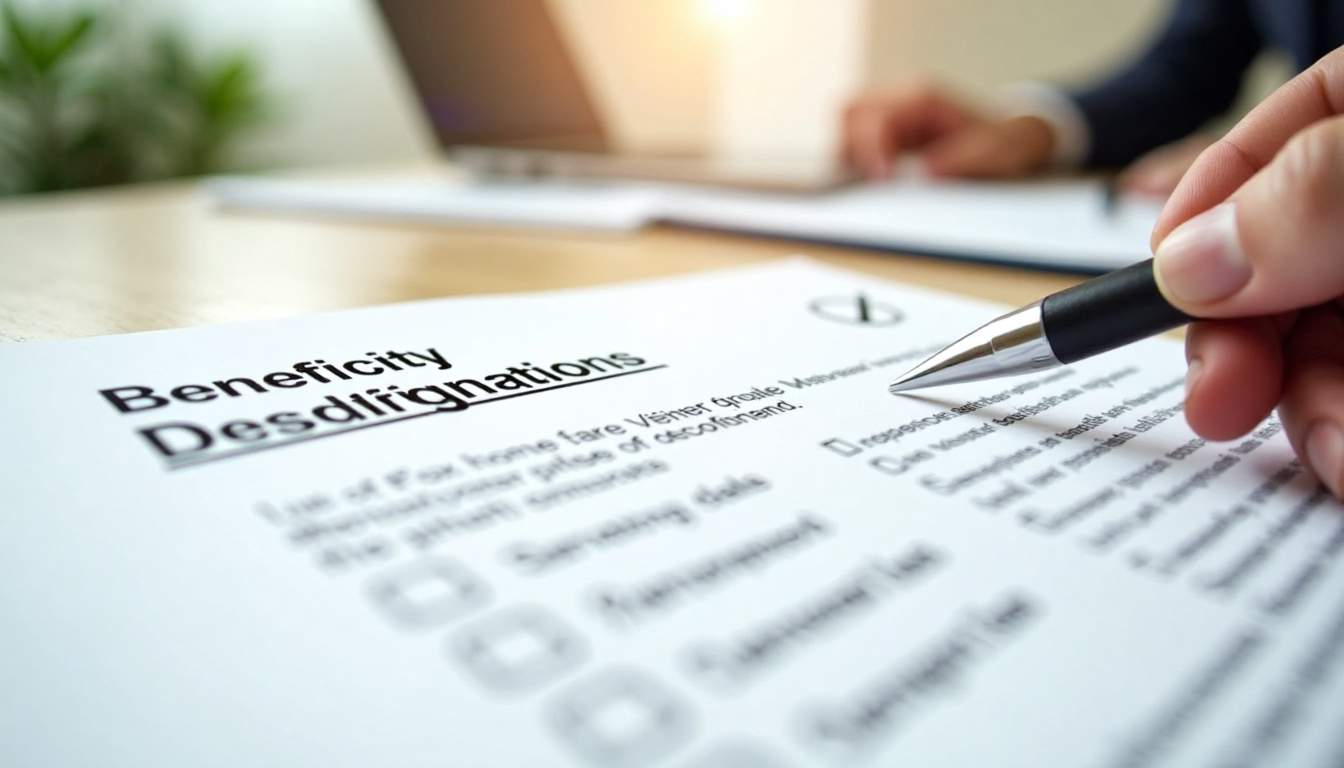views
In this article, we will explore how to synchronize your estate plan with your retirement goals, discussing key strategies, common pitfalls, and actionable steps to create a cohesive plan that serves both your present and future needs.
Understanding the Connection Between Estate Planning and Retirement
At first glance, estate planning and retirement planning might seem like separate endeavors. Retirement planning focuses on generating income and managing expenses during your non-working years, while estate planning deals with the distribution of your assets after your death. However, these two areas are deeply intertwined.
Your retirement assets—such as IRAs, 401(k)s, pensions, and savings—are often the largest components of your estate. How you manage these assets during retirement will directly impact what you leave behind. Moreover, your estate plan can influence your retirement decisions, including how you withdraw funds, manage taxes, and provide for loved ones.
Recognizing this connection is the first step toward creating a comprehensive financial strategy that ensures your retirement lifestyle and legacy goals are both met.
One crucial aspect to consider is the tax implications of your retirement withdrawals and estate distribution. For instance, if you withdraw funds from a traditional IRA, you may face income tax liabilities that could affect your overall financial health during retirement. Conversely, if you leave these assets to your heirs, they may inherit them tax-free under certain conditions, which can significantly impact your estate's value. Understanding these nuances can help you make informed decisions that maximize both your retirement income and the wealth you pass on.
Additionally, the choice of beneficiaries for your retirement accounts plays a pivotal role in both retirement and estate planning. Designating a spouse, child, or trust as a beneficiary can influence how your assets are managed and distributed after your passing. This decision not only affects the financial security of your loved ones but also shapes your own retirement experience, as knowing your family is taken care of can provide peace of mind during your golden years. Therefore, it is essential to regularly review and update these designations in accordance with your evolving life circumstances and financial goals. For expert guidance on beneficiary planning and retirement strategies, consider a visit to RetireStrong FA.
Clarify Your Retirement Goals Before Crafting Your Estate Plan
Define Your Desired Lifestyle and Time Horizon
Before aligning your estate plan, it's crucial to clearly define what retirement means to you. Do you envision traveling extensively, downsizing your home, or pursuing new hobbies? Your lifestyle choices will affect how much income you need and how you structure your assets.
Additionally, consider your retirement timeline. Are you planning to retire early, or will you work part-time during retirement? These factors influence your income streams and the timing of asset distributions. For instance, if you plan to retire early, you may need to ensure that your investments are sufficiently liquid to support your lifestyle for a longer period without the benefit of traditional retirement income. Conversely, if you intend to work part-time, you might have the flexibility to draw down your savings more gradually, allowing your investments to grow for a longer time.
Identify Your Legacy Objectives
Estate planning is not just about passing on wealth; it’s about passing on values and providing for those you care about. Determine who you want to benefit from your estate—children, grandchildren, charities, or others—and what you want to leave behind.
Some individuals prioritize minimizing taxes and legal fees, while others focus on ensuring that heirs receive assets in a way that promotes responsible management. Your legacy objectives will shape the structure of your estate plan. For example, if you are passionate about education, you might consider setting up a trust to fund your grandchildren's college expenses, ensuring that your values of learning and growth are instilled in the next generation. Furthermore, discussing your intentions with your family can help prevent misunderstandings and foster a sense of shared responsibility among heirs, creating a legacy that extends beyond mere financial assets to include family unity and purpose.
Integrate Retirement Income Planning with Estate Strategies
Coordinate Retirement Account Distributions
Retirement accounts like traditional IRAs and 401(k)s have specific rules about required minimum distributions (RMDs) starting at age 73 (as of 2024). These distributions can significantly impact your taxable income and estate value.

Effective estate planning considers how to manage these distributions to minimize tax burdens and maximize the value passed to heirs. For example, converting traditional IRAs to Roth IRAs before retirement can reduce future RMDs and potentially increase tax-free inheritance for beneficiaries. Additionally, understanding the timing of these distributions is crucial; for instance, delaying withdrawals until necessary can allow your investments to grow longer, thereby increasing the overall estate value. This strategy not only benefits your heirs but also provides you with more financial flexibility during retirement.
Utilize Trusts to Manage Retirement Assets
Trusts can be powerful tools to control how your retirement assets are distributed after your death. A properly structured trust can provide for your spouse, protect assets from creditors, and ensure that beneficiaries receive funds over time rather than in a lump sum.
However, trusts must be carefully integrated with retirement accounts to avoid unintended tax consequences. Consulting with an estate planning attorney knowledgeable about retirement assets is essential. Furthermore, setting up a trust can also help in managing the complexities of multiple beneficiaries, especially in blended families. By designating a trust as the beneficiary of your retirement accounts, you can ensure that the funds are distributed according to your wishes, while also providing for the long-term financial needs of your loved ones. This can be particularly beneficial in preventing disputes among heirs and ensuring that your legacy is honored in the manner you intended.
Address Healthcare and Long-Term Care in Your Estate Plan
Plan for Potential Healthcare Costs
Healthcare expenses can be a significant drain on retirement savings. Incorporating healthcare planning into your estate strategy helps protect your assets and ensures you receive the care you need.
Consider options such as long-term care insurance, Medicaid planning, and setting aside funds specifically for medical expenses. These measures can prevent the depletion of your estate and reduce the burden on your heirs.
Create Advance Directives and Powers of Attorney
Estate planning isn’t only about finances; it also involves making decisions about your healthcare and personal affairs if you become incapacitated. Advance directives, living wills, and durable powers of attorney allow you to specify your wishes and designate trusted individuals to act on your behalf.
Having these documents in place aligns with your retirement goals by ensuring that your quality of life and autonomy are preserved, even if you cannot communicate your preferences.
Review and Update Beneficiary Designations Regularly
One of the simplest yet most critical aspects of aligning your estate plan with retirement is maintaining accurate beneficiary designations on your accounts. Retirement accounts, life insurance policies, and payable-on-death accounts pass directly to named beneficiaries, often bypassing wills and trusts.

Failing to update these designations after major life events—such as marriage, divorce, birth of children, or death of a beneficiary—can lead to unintended outcomes that conflict with your retirement and estate goals.
Regularly reviewing and updating beneficiary forms ensures that your assets go to the intended recipients and that your overall plan remains consistent.
Consider Tax Implications to Maximize Your Estate’s Value
Understand Income and Estate Taxes
Taxes can significantly erode both your retirement income and the value of your estate. Income taxes on retirement account withdrawals and estate or inheritance taxes can reduce the amount available to you and your heirs.
Strategic planning can mitigate these effects. For example, Roth conversions during retirement can reduce future income taxes, while gifting strategies can lower the taxable estate.
Leverage Gifting and Charitable Giving
Gifting assets during your lifetime can reduce your taxable estate and provide financial support to loved ones or causes you care about. Annual gift tax exclusions allow you to transfer a certain amount each year without tax consequences.
Charitable giving, through vehicles like donor-advised funds or charitable remainder trusts, can also align with your legacy goals while providing tax benefits.
Work with Professionals to Create a Cohesive Plan
Aligning your estate plan with your retirement goals is a complex process that benefits greatly from professional guidance. Financial advisors, estate planning attorneys, and tax professionals can collaborate to develop a strategy tailored to your unique situation.

They can help you navigate legal requirements, optimize tax strategies, and ensure that your documents reflect your current wishes and goals. Regular reviews with your team will keep your plan on track as circumstances change.
Conclusion
Retirement and estate planning are two sides of the same coin. By aligning your estate plan with your retirement goals, you create a seamless strategy that supports your desired lifestyle, protects your assets, and preserves your legacy.
Taking the time to clarify your goals, coordinate income and asset management, plan for healthcare needs, and address tax implications will empower you to enjoy your retirement with confidence and provide for those you love long after you’re gone.
Start today by reviewing your current plans, engaging with trusted professionals, and making thoughtful decisions that reflect your values and aspirations. A unified approach to retirement and estate planning is one of the most valuable gifts you can give yourself and your family.



Comments
0 comment